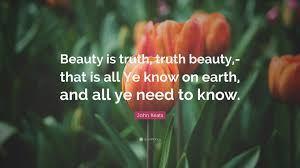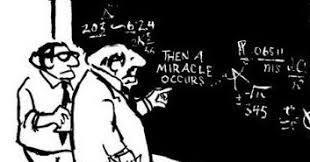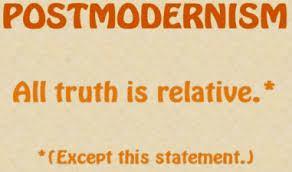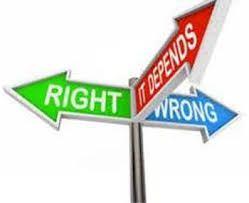 Which among the three would you choose?
Which among the three would you choose?
I read Howard Gardner’s 2011 book, Truth, Beauty, and Goodness Reframed: Educating for the Virtues in the Twenty-first Century. (Frankly I’d picked it up because I confused him with Martin Gardner; but never mind.)
Beauty I won’t discuss. But truth and goodness seem more important topics today than ever.

Darwin was a big gap-filler. One might still imagine a god setting in motion the natural processes Darwin elucidated, but that’s a far cry from his (God’s) former omnicompetence.
While for me such scientific advancements illuminate truth, others are disconcerted by them, often refusing to accept them, thus placing themselves in an intellectually fraught position with respect to the whole concept of truth. If one can eschew so obvious a fact as evolution, then everything stands upon quicksand.

Though postmodernism did enjoy a vogue in academic circles, as a provocatively puckish stance against common sense by people who fancied themselves more clever, it never much infected the wider culture, and even its allure in academia deservedly faded. And yet postmodernism did not sink without leaving behind a cultural scum. While it failed to topple the concept of truth, postmodernism did inflict some lasting damage on it, opening the door to abuse it in all sorts of other ways.
All this background helped set the stage for what’s happening in today’s American public square. One might have expected a more gradual pathology until Trump greatly accelerated it by testing the limits and finding they’d fallen away. Once, a clear lie would have been pretty much fatal for a politician. Now one who lies continuously and extravagantly encounters almost no consequences.
It’s no coincidence that many climate change deniers and believers in Biblical inerrancy, young Earth creationism, Heaven, and Hell, are similarly vulnerable to Trump’s whoppers. Their mental lie detector fails here because it’s already so compromised by the mind contortions needed to sustain those other counter-factual beliefs.
But of course there’s also simple mental laziness — people believing things with no attempt at critical evaluation.
A long-ago episode in my legal career sticks with me. I was counsel for the staff experts in PSC regulatory proceedings. We had submitted some prepared testimony; the utility filed its rebuttal. I read their document with a horrible sinking feeling. They’d demolished our case! But then we went to work carefully analyzing their submittal, its chains of logic, evidence, and inferences. In the end, we shot it as full of holes as they had initially seemed to do to ours.


Here we see a divergence between young and old. Nonjudgmentalism is a modern tendency. Insofar as it engenders an ethos of tolerance toward human differences, that’s a good thing. It has certainly hastened the decline of prejudice toward LGBTQs.
Yet tolerance and nonjudgmentalism are not the same.

That is not as absurd a concern as it might seem. Howard Gardner’s book speaks to it. He teaches at Harvard and expresses surprise at the extent to which full-bore nonjudgmentalism reigns among students. They are very reluctant to judge anything wrong. Such as cheating on exams, shoplifting, and other such behaviors all too common among students. A situational ethic of sorts is invoked to excuse and exculpate, and thereby avoid the shibboleth of judgment.
Presumably they’d still recognize the clearest moral lines, such as the one about murder? Not so fast. Gardner reports on conducting “numerous informal ‘reflection’ sessions with young people at various secondary schools and colleges in the United States.” Asked to list people they admire, students tend to demur, or confine themselves only to ones they know personally.

Well, ignorance about history also seems lamentably endemic today. But what Gardner reports is actually stranger than might first appear. As I have argued, we evolved in groups wherein social cooperation was vital to survival, hence we developed a harsh inborn judgmentalism against anything appearing to be anti-social behavior. That (not religion) is the bedrock of human morality. And if that deep biological impulse is being overridden and neutered by a postmodernist ethos of nonjudgmentalism, that is a new day indeed for humankind, with the profoundest implications.
Advertisements